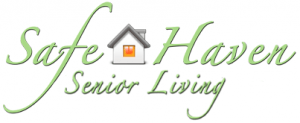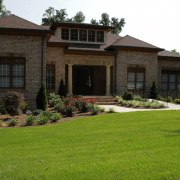Do Seniors Need A Living Will?
What is a living will and who should have one?
Talking about end-of-life and critical-care issues are never an easy subject and can often get pushed aside because family members aren’t ready to confront this stage, but planning ahead can avert confusion and unnecessary distress during times of concern and grief.
Knowing a loved one’s wishes in advance before an illness or accident ensures that family members won’t have to make tough calls on their behalf during a crisis.
Livings Wills Are Legal Instructions
Also called advance directives or healthcare directives, living wills are written, legal instructions detailing a person’s preferences for medical care if they are unable to make decisions. Advance directives manage healthcare choices for medical professionals and caregivers if a person is terminally ill, critically injured, in a coma, in the late stages of dementia or near the end of life.
Living Wills and Power of Attorney
A living will typically work together with a medical power of attorney (POA). Some states combine the two into one document. The medical POA enables a person to select a person (a spouse, family member, or a friend) to make medical decisions on their behalf.
This isn’t just for older adults either, unexpected critical care and end-of-life situations can occur at any age, it’s crucial for all adults to prepare these documents. For more helpful information for seniors read more articles on our blog here. To contact Safehaven for assisted living click here to speak to a representative.



